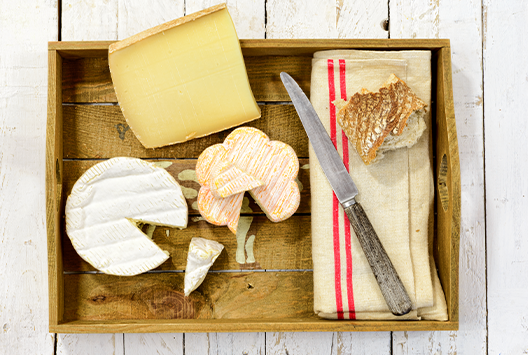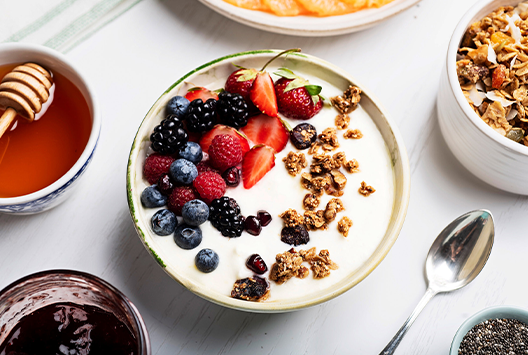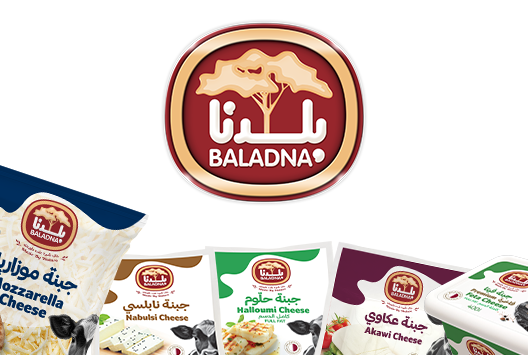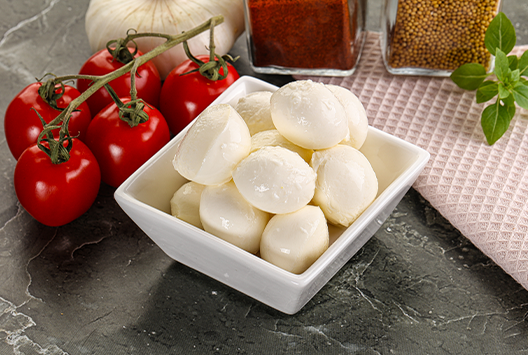
Master the Art of Cheese Storage: Tips for Keeping Cheese Fresh and Mold-Free
Similar
A fridge is never complete without the presence of cheesy delights. It’s a versatile and delicious ingredient that can take the flavors of any meal to a whole new level. However, keeping cheese fresh and mold-free for an extended period can be challenging, even if stored in the fridge. But worry not! We’ve put together a list of some of the effective ways to store cheese to prevent mold growth and extend its shelf life.
Use the original packaging
Most cheese comes in its original packaging, designed to keep it fresh for as long as possible. Therefore, leaving the cheese in its original packaging is advisable until you're ready to use it. The packaging helps prevent moisture loss and keeps the cheese from absorbing odors from other foods in the fridge. The packaging also includes a label with the cheese's name, expiration date, and storage instructions.
Wrap cheese in wax paper
You can wrap the cheese in wax paper if the original packaging is unavailable. Wax paper allows the cheese to breathe while preventing it from drying out. Be sure to wrap the cheese tightly to keep air out, which can cause mold growth. You can also use parchment paper or cheese paper specifically designed for storing cheese.
Avoid plastic wrap and aluminum foil
Plastic wrap and aluminum foil are not ideal for storing cheese for an extended period. Plastic wrap can trap moisture, causing the cheese to become slimy, while aluminum foil can cause the cheese to oxidize and develop off-flavors. If you must use plastic wrap or aluminum foil, be sure to wrap the cheese tightly and use it within a few days.
Store cheese in the right part of the fridge
The temperature and humidity in different parts of the fridge vary, and storing cheese in the wrong part can lead to mold growth and spoilage. The ideal temperature for storing cheese is between 35°F and 45°F. Therefore, it's best to store cheese in the vegetable or cheese drawer, where the temperature is more consistent and less likely to fluctuate. Avoid storing cheese in the door of the fridge, as the temperature fluctuates every time the door opens and closes.
Wrap cheese in cheese paper
Cheese paper is specifically designed for storing cheese and helps regulate moisture and air exchange. It's made of two layers of paper with a layer of plastic, which helps keep the cheese fresh and prevent mold growth. You can wrap the cheese tightly in the cheese paper and store it in the cheese drawer of the fridge.
Wrap soft cheese in plastic wrap
Soft cheeses like brie and camembert are delicate and can easily absorb odors and flavors from other foods in the fridge. Therefore, it's best to wrap them tightly in plastic wrap to prevent them from drying out and absorbing odors. Soft cheeses should be consumed within a few days of opening to ensure freshness.
Store cheese in an airtight container
You can store cheese in an airtight container if you don't have cheese or wax paper. Be sure to choose a container slightly bigger than the cheese to allow air circulation. You can also place a paper towel in the container to absorb any excess moisture and prevent mold growth.
Keep your cheese fresh for extra goodness
Cheese is the ultimate culinary delight - a delicious ingredient that transforms dishes with its cheesy magic! But keeping it fresh requires some effort from your end. Make sure to follow the tips above to keep your cheese as fresh as ever.
If you’re looking for high-quality cheese, Baladna is the answer. We offer authentic, fresh, and high-quality dairy products of all kinds. Browse through our website to get a glimpse at our offerings.



